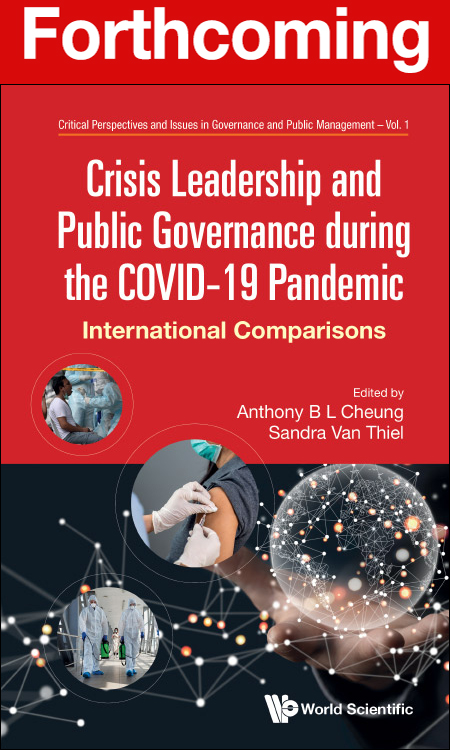News

Inauguration Tine de Moor: “Shakeholder society”
On February 17, 2023, Tine de Moor accepted her new position as professor of Social Enterprises and Institutions for Collective Action at the Rotterdam School of Management, Erasmus University by delivering her inaugural speech entitled ‘Shakeholder society? Social Enterprises, citizens and collective action in the community economy’. The inaugural lecture can be watched here.
Read more
Rules of thumb can lead politicians to misjudge voters’ reactions
For continued electoral success and for the success of a proposed policy, it is important that decision-makers are able to judge how voters will react to the policy in question. Systematic biases often lead policymakers to misjudge voters’ reactions to their policy decisions. Under severe time pressure, decision-makers often resort to rules of thumb, heuristics,…
Read more
What makes an enterprise social?
Social entrepreneurship is about identifying, developing and using opportunities to solve societal problems in an entrepreneurial and innovative way. The emphasis is on value creation for the society, rather than financial value capture for entrepreneurs and managers. ‘As a social entrepreneur, your first goal is to contribute to a better world using a profitable business model.’…
Read more
Equal opportunities for everyone
What is the extent of discrimination in the Dutch labor market and other sectors, like healthcare? And how can we combat it? With an interdisciplinary and scientific profile, the State Commission against Discrimination and Racism tackles these questions. The State Commission is an advisory board that focuses on extensive, long-term research into the nature, extent…
Read more
Coming out soon: Crisis leadership and public governance during the COVID-19 pandemic
Post-COVID-19 and its disruptive impact on social and economic life as well as public and political attitudes, the world is not the same. A new normal has dawned in public management and public services, with immense implications. This book explores various issues and challenges emanating from the COVID-19 pandemic. It examines how governments worldwide have…
Read more
Symposium: Governing the sustainability transition by promoting joint action
Effective and legitimate governance of societal transitions requires arrangements that facilitate ecosystems of citizens, community initiatives, service organizations, social enterprises and companies in contributing to these transitions. Appreciating the dynamics of these ecosystems calls for insight into human processes of coordination and cooperation that allow people to make autonomous choices and, at the same time,…
Read more
Acting collectively for change
Tine de Moor, Professor of Social Enterprise and Institutions for Collective Action at the Erasmus University Rotterdam, highlights the need for collective action to deal with major societal challenges (at the 8th EMES Conference). With this objective, the CollectiveKracht platform was launched in 2022. This is a web-based knowledge platform of and for citizen collectives…
Read more
Politicians under radical uncertainty: How uncertain phenomena influence political elites’ behavior
The European Research Council (ERC) has granted Professor Barbara Vis from Utrecht University School of Governance a Consolidator Grant. In the grant project it will be examined how politicians respond to different types of uncertainty (radical, resolvable) in a diverse set of developed democracies: Germany, the Netherlands, the UK and the US. Read more here: RadiUnce….
Read more
Does environmental education benefit children and adolescents?
Environmental education is an effective way to improve a range of environmental outcomes, such as knowledge about the environment and intentions to act pro-environmentally. This was shown by a recent meta-analysis comprising insights of five decades of research on environmental education for children and adolescents. Environmental education refers to any program that provides children and…
Read more
How do we involve citizens with important policy issues?
How can citizens be involved with important policy issues? That was the question put to eight experts during a Behavior & Institutions symposium in 2022, organized by psychologist Denise de Ridder and public administration expert Lars Tummers, both professors at Utrecht University. A podcast has been published on the topic. On the basis of important issues such…
Read more
